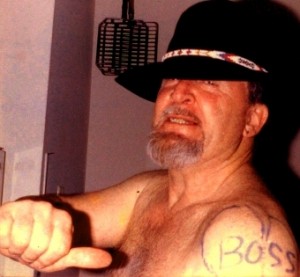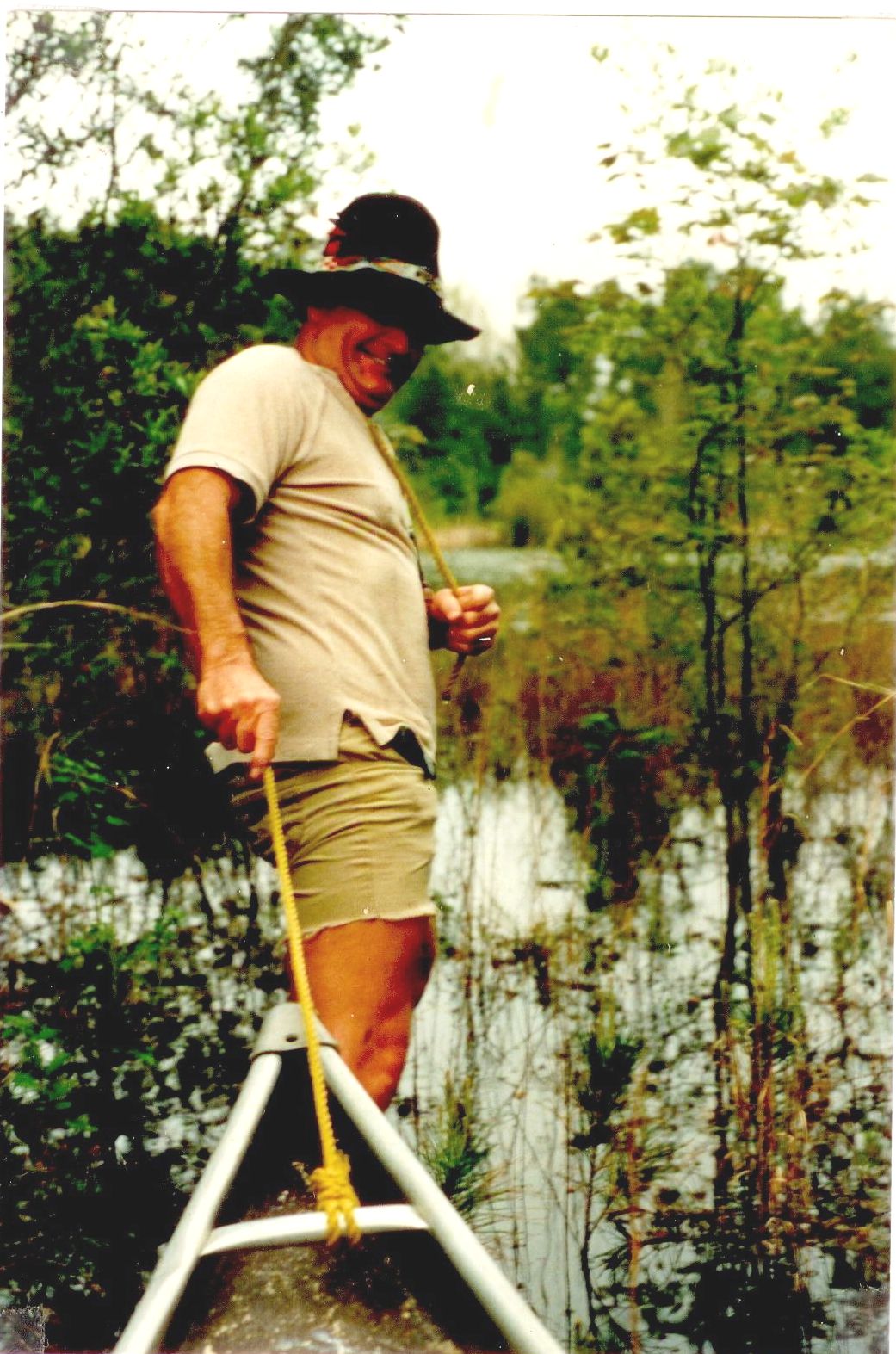PUBLISHER’S EMAIL TO WRITER:
“Dear writer of the Warrior’s Code of Honor, I thought it very well done and would like to know more about you and your experience. We might be interested in giving this far greater exposure.
Thank you,
Tobias Naegele
Tobias Naegele, Editor in Chief, Army Times Publishing Co.
(Army Times, Navy Times, Air Force Times, Marine Corps Times, Defense News, Federal Times, Armed Forces Journal, Training & Simulation Journal, C4ISR Journal )
WRITER’S REPLY TO PUBLISHER:
Thank you Mr. Naegele for your kind words about The Warrior’s Code. The following information may answer your question about me and my experience. My experiences as an 18 year-old combat infantryman and my disastrous coming home experiences led me to write the Code.
In general, I wrote it in the hope that I could shed some small light on why combat veterans are like they are, so they can better understand their PTSD, and how they can fix it and earn serenity.
In particular, I wrote it to forewarn my fellow combat veterans about the dangers of coming home with un-realistic expectations and denied PTSD. My coming home expectations were not only wrong , but upside down and backwards too. I expected that things would be much the same as when I left for war and expected to resume my life pretty much as before. These expectations were based on my ignorance of what struggling and fighting in deadly earnest amidst bodies, blood, pain, and violent death does to those who do the fighting. I now know that I was also wounded in a secret, bloodless way called PTSD, but did not realize it at the time.
When I came home, I had no idea that combat had aged me far beyond my years, changing me from an immature teenager into a man old enough in the head to be my own father. This is why I was so surprised and disappointed to discover that I had nothing in common with the High School friends I expected to resume hanging out with. It was as if I had become their responsible, trustworthy parent and they were still irresponsible, untrustworthy adolescents. After friends died in combat, keeping their word to me, they [my friends] seemed too untested to be trusted and were now mere acquaintances to be avoided.
I had no idea that I came home thrill-crazy, which made me consider those who were not willing to engage in dangerous but thrilling activities not OK people. For example, going “blast fishing”, to see who could hold a burning stick of dynamite in their hand the longest before throwing it into the water to “blast” fish to the surface. I always won those contests, holding the dynamite longer than anyone else so that when I finally did throw it into the water, it only sank an inch or so before exploding, wetting everyone in the boat plus scaring the bleep out of them. As a result nobody wanted to go “fishing” with me anymore.
This is just one example of my thrill-crazy, adrenaline junky behaviors. There are others, like driving cars like a Hollywood stunt-car driver, riding motorcycles like a mad maniac, etc. I always won these events in such a dangerous, scary way that nobody wanted to do these things with me either. As a result I felt lonely and alone, a stranger in my own home town. I of course thought myself blameless for this separation/isolation from everyone I once knew, muttering to myself some such as, “I’m OK, it’s them who are not OK.” One crashed expectation followed another in a long line of disappointments. Consequently coming home was hell for me, not because of the people, God bless them, they were all OK, but because of my unrealistic expectations and denied PTSD. Broken, dispirited, and heart-busted, I left town and never went back.

Thanks to the G.I. Bill and multiple, simultaneous part-time jobs, I graduated from university and became a successful professional by day, and a thrill-crazy alcoholic and junkie by night. I was so happy being a “cool dude” slyly getting away with burning the candle of my life at both ends, that it was a real shock to discover, in a rare moment of self-honesty and self-awareness, that despite my surface success, deep down I was desperately unhappy. I could not figure out why this was so. Everyone I knew wished they were me.
But something was wrong, something was missing in my life, I knew not what. I realized years later that my mind was troubled from combat and the “something” missing was peace of mind and serenity. I could not name this idea. I could not describe what I was looking for, because I did not know that my mind was troubled and hungered for peace of mind in the first place.
The only thing I knew was that the more successful I was on the outside, the more desperately unhappy I became on the inside, and the more I needed help for something I knew not what. The more I kept putting off seeking help, the more desperate I got and the more unmanageable my life became. It is said that desperate men do desperate things. I can testify from personal experience the truth of this saying. Eventually I got so desperately unhappy, that I managed to flog Macho-Man me to the Veterans Administration. My desperation overcoming my humiliation and shame for betraying the Macho Warriors Way and admitting that I needed help (“a real man don’t need no help!”). I was covertly diagnosed as suicidal and overtly advised to wind up my affairs and check myself in to the Psycho Ward. I did so, was locked down behind bars and kept heavily sedated 24/7.

After a long time groggy and sleeping 16 hours a day, I woke up enough to check myself out AMA (Against Medical Advice) and checked myself in to the wilderness of Honey Island Swamp. I stayed there alone for a year, living off the land. I gave my word of honor, to myself, to stop stumbling thru life thrill-crazy, stop drinking and drugging to numb my guilt for living while friends died, and stop all my other PTSD caused self-destructive behaviors.
I have kept my word to this day. I kicked “cold turkey” alcohol, drugs, tobacco and came out clean as a whistle. I have been that way ever since I emerged from the wilderness a different person, still searching for something I knew not what. I moved far away out-of-state and started my professional practice all over again. I remain to this day a successful, self-employed nobody hiding out in the weeds of anonymity for reasons no civilian will ever understand, but bloodied, battle-rattled combat vets will. No one but my wife knows I was even in the military, much less wrote The Warrior’s Code of Honor.
Over the years I often wished that I had read something like the Warrior’s Code to forewarn me about the dangers of coming home with un-realistic expectations and denied PTSD. It would have saved me immense pain and suffering. I gave my word of honor to myself to write a warning to my fellow combat veterans what coming home might really be like, why this was so, and what they could do to fix it and earn serenity.
So I sat down and deliberately allowed repressed, painful coming home disappointments and repressed terrible combat memories, hiding in the darkness of my gut, to come out into the sunlight of awareness and be relived and suffered thru, so I could write about them.
The first time I did this, I wound up crouched in a corner, head in arms, crying my heart out. The second time, I repeated this dreaded but necessary act, I was able to remain seated at my desk, head in arms, sobbing uncontrollably for a long time. The third time, I was able to sit with head up, tears flowing down my cheeks, shorter than before. The fourth time, I cried even less. And so on and on and on. Each time the tears and pain were less than the time before. This is how I was able to write The Warrior’s Code of Honor. It took months and months.
Meanwhile something wondrous was slowly, imperceptibly happening to me inside. The more I deliberately brought up remembrances about my time in the screaming hell of combat, the more calmness and tranquility I felt after the awful pain and tears went away. To say this another way, the more pain I deliberately suffered thru, thereby disappearing it, the less pain remained, making more room for the infilling of more blessed serenity, the “something” I had been searching for all those years, but could not name.

In sum, my self-inflicted pain and suffering not only enabled me to write the Code, but also earned me ever increasing peace of mind. I am no longer searching. I found what I was looking for. I wrote The Warrior’s Code of Honor to help others, but wound up helping myself. There must be a lesson in this somewhere. It is my life desire that my words will forewarn my fellow combat veterans that if they come home with realistic expectations and admitted PTSD, all will be well, but if they do not they will be in hell.
Ancient wisdom teaches that to be forewarned is to be forearmed. I came home unforewarned, was thus unarmed, in hell, and bleeding, shot thru the heart by unrealistic expectations and denied PTSD. And on that bloody hook, thereby hangs this tale.
Signed,
Paul R. Allen
© 2013 by Paul Allen. All rights reserved
